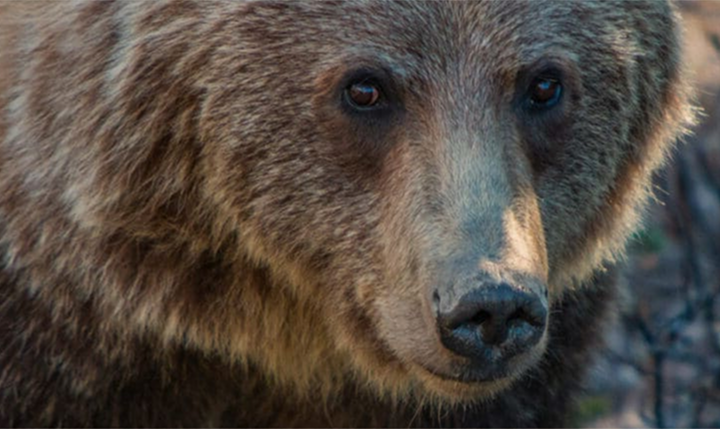Protecting the Eastern Slopes for their value to wildlife and people is what Albertans have been asking for
Y2Y says protecting the Eastern Slopes for their value to wildlife and people is what Albertans have been asking for.
Today’s announcement that the Alberta government will “restrict” coal-related exploration and development in the Eastern Slopes is long-awaited news worth celebrating — with continued vigilance.
“Tens of thousands of people from all backgrounds have been resolute in letting this government know that open-pit coal mining does not have a place in the Eastern Slopes,” says Adam Linnard, Y2Y’s Alberta program manager. “Because so many people spoke up, today offers a significant reprieve from the pressures of new coal mining.”
Details from two long-awaited reports from the Coal Policy Committee include: a summary of their engagement with Albertans and recommendations to the government on the management of coal resources in Alberta. Each contains encouraging direction that reflects Albertans’ feedback.
According to Y2Y, today’s actions provide a welcome short-term remedy, but introduce additional pressure on long-delayed land-use planning processes that will ultimately determine whether or not future coal mining is permitted in the Eastern Slopes.
“There should be no more coal mining or exploration in the Eastern Slopes, today or in the future,” says Linnard. “And the government must ensure that there’s sufficient funding and a clear plan for reclamation and remediation — including the exploration roads that have proliferated over the past two years.”
The 1976 coal policy will remain in place, which protects most of the Eastern Slopes from coal mining, while temporarily halting new exploration and mine development on Category 2, 3 and 4 lands, pending comprehensive land-use planning. However, four projects in “advanced” stages will continue through the approvals processes they have already initiated.

The Eastern Slopes are significant, ecologically important and intact areas of the globally significant Yellowstone to Yukon region for both wildlife and people. Research from 2021 points to this area as one of Canada’s hotspots providing key “ecosystem services” that benefit people, including freshwater, carbon storage and recreation.
“There’s no place for coal mines in areas that provide freshwater for millions of people. Threatened species of trout, grizzly bears and many other wildlife species depend on these landscapes and waters to survive, and so do we,” says Linnard.


